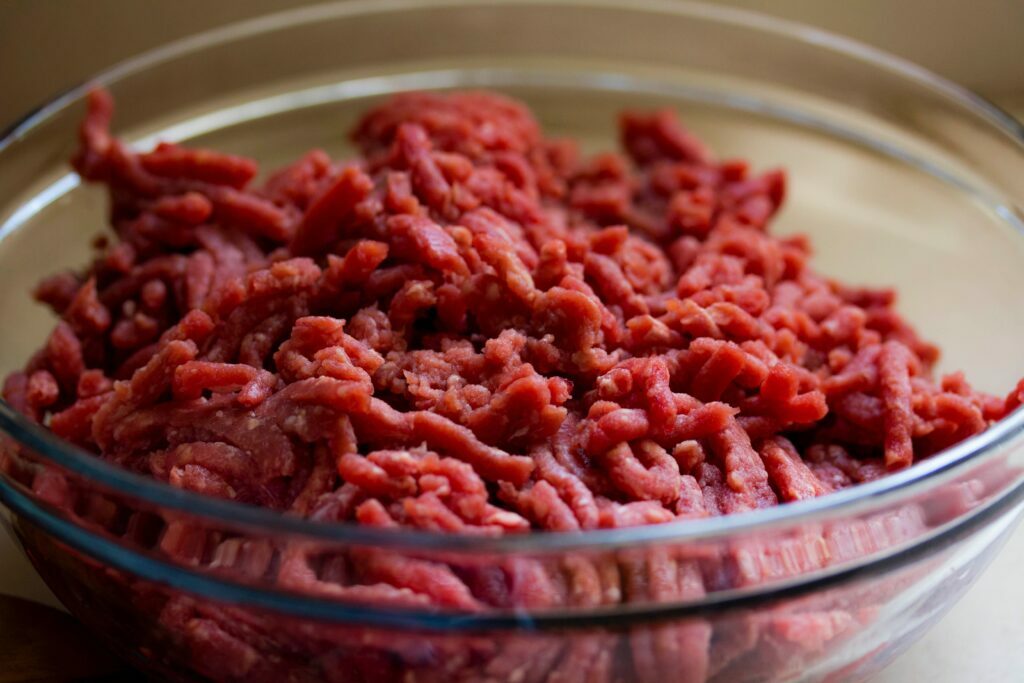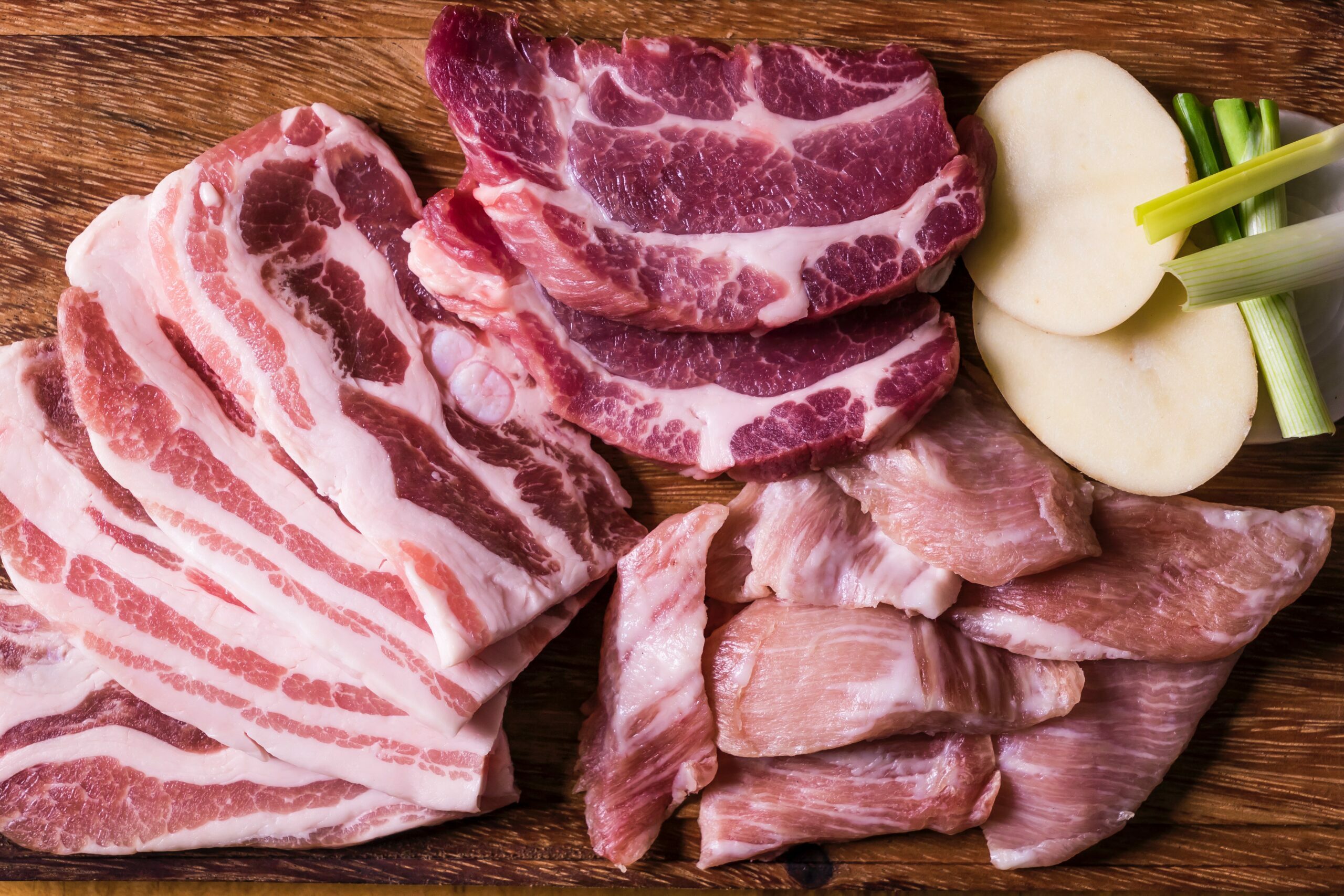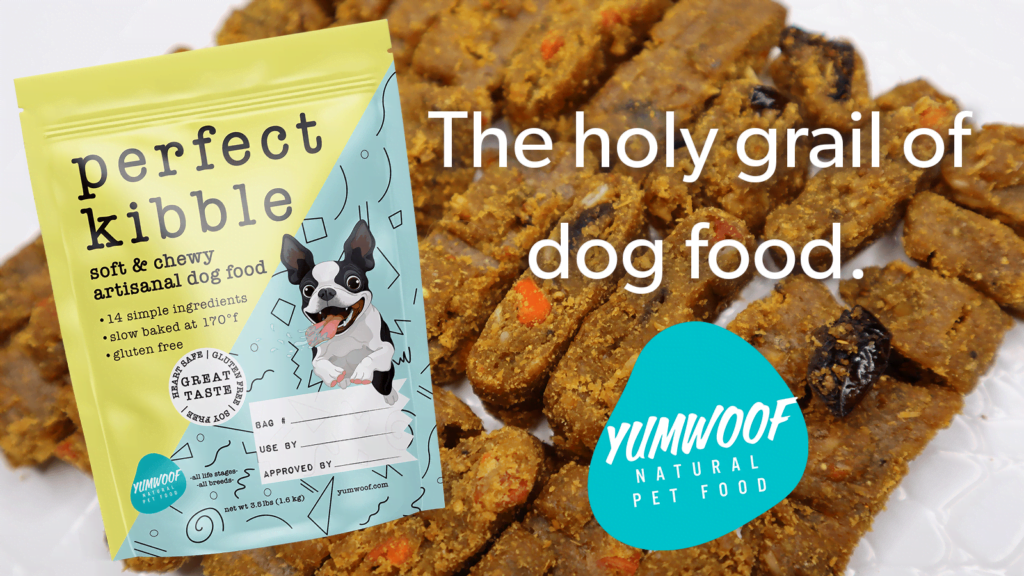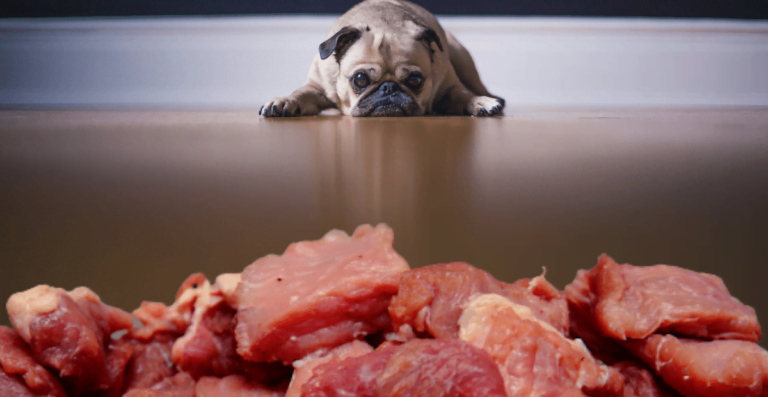Raw meat is good for dog?- Guide
Giving raw meat to your dog could not be more natural, with the majority of owners agreeing that their companions are true carnivores.
However, supplementing your dog’s diet with meat, or opting for an all-meat diet should not be done at random, as this can create deficiencies in your pooch.
Here is more information on how to properly feed your favorite carnivore and increase their well-being without compromising their health.
Meat in the dog’s diet
Meat is arguably the best food for dogs’ digestive systems, which, short and simple, are designed to easily and quickly digest animal protein before the meat has time to rot in its gut.

Very digestible, it provides dogs with essential nutrients for their development: proteins, but also minerals, group B vitamins, lipids and water.
It is therefore a delicacy, adapted to your dog’s body and largely meeting his nutritional needs.
However, I do say “mostly” and not “all”, and unfortunately that is where the shoe pinches.
By “meat” we mean the muscles of animals, which excludes offal, skin, rumen and bones, which contain many nutrients essential for the proper functioning of the organism of carnivores.
Also, meat may not be enough to meet all of your dog’s needs, and when given as a complete meal, it should be supplemented with food supplements to avoid deficiencies, which can sometimes have severe consequences.
Red meat or white meat, what to choose for my dog?
Red meat and white meat are both suitable for healthy dogs, and an ideal diet should include both.
It should be noted that red meat has more calories than white meat, because it is richer in fat. It is therefore a little more difficult to digest, and puts more strain on your dog’s digestive system.
Also, overweight dogs, those suffering from pancreatitis or digestive disorders, should eat more white meat to rest their body and not to absorb too much fat.
Beef should be avoided in dogs suffering from food allergies or intolerances, which are generally manifested by mild skin disorders (dandruff, dull hair, etc.) to severe (purity, pimples, redness, alopecia areata, etc.).
Beef protein is in fact involved in approximately 65% of allergic dermatitis cases in dogs, which places it at the top of the least well tolerated proteins.
Conversely, chicken meat is very digestible and rarely causes digestive or skin disorders in dogs.
Raw meat or cooked meat, what to choose for my dog?
When you feed your dog meat for a more natural diet, you are tempted to favor raw meat, which perhaps reminds him of his distant wild origins.
In fact, it is indeed possible to feed your dog raw meat, as long as it is fresh and of good quality.
However, it should be noted that ingesting raw meat increases the risk of contamination by bacteria and parasites that proliferate there.

Healthy dogs are resistant to these bacteria, but the situation is more difficult for fragile, sick or convalescent animals.
Raw meat, and this is its main asset, is also more digestible than cooked meat, as the cooking results in an agglutination of proteins which are more difficult to digest by gastric juices.
Ultimately, it is therefore more reasonable to give cooked meat to a fragile dog, when raw meat will suit a healthy dog very well.
Note that, contrary to what a persistent rumor wants, raw meat and red meat do not make dogs aggressive.
Meat does not give them “the taste of blood”, nor does it awaken in them some deeply buried wild instincts.
So you can give it to your pooch without worrying about it turning into a wild beast! Meat or croquette, however, you should always avoid disturbing a dog that is eating.
Replace my dog’s croquettes with meat
If you want to switch to the BARF diet or meat-based household rations to put an end to industrial kibbles, I recommend that you do your research beforehand on the complexity of these diets.
Dogs fed small homemade dishes or raw meats, the latest fad diets, tend to have pathological deficiencies that had long since disappeared in the majority of doggies.
It is therefore necessary to look seriously at the subject to manage to offer your dog a balanced menu, containing all the minerals and vitamins that the meat will not provide.
In addition, replacing your dog’s usual food with meat must be done very gradually to avoid any digestive disorder.
Supplementing my dog’s diet with meat
If you want to give your dog a piece of meat every now and then, you should avoid table scraps, which are often mixed with other foods that are harmful to our animal friends.
Choose moderate amounts of fresh cuts of meat, and adjust your dog’s kibble ration accordingly so that he doesn’t absorb too many calories or too much protein for his daily needs.
Finally, I advise you to distribute the meat away from the kibble meals, because these two foods do not mix well.
They tend to clump together in the stomach, making digestion difficult and sometimes painful.
FAQ
Can I feed my dog meat?
Yes, you can feed your dog meat as long as it is part of a balanced diet that meets their nutritional needs.
Does raw or red meat make dogs aggressive?
No, giving your dog meat, whether raw or cooked, or red or white, does not make him aggressive. This belief stems from baseless rumors.
However, you should avoid disturbing a dog that is eating, and it is true that some doggies can defend a dish more vigorously when it is rare and they particularly like it.
What meat to give my dog?
You can give any kind of meat to your dog, but avoid giving too much fatty meats (beef, pork, etc.) to a dog that is overweight or has digestive disorders (pancreatitis, for example).
Can a dog eat only meat?
No, a dog needs to supplement his diet with foods rich in fiber, minerals and vitamins to get all the nutrients he needs.
In nature, wild carnivores find these nutrients in the various organs of their prey (skin, joints, bones, offal, etc.).
Meat, which corresponds to the muscles of animals only, does not contain all of these nutrients and may not be enough to maintain a dog’s health.
Whether as a staple diet or as a supplement to industrial feed, meat is one of the most suitable foods for dogs and has almost nothing but benefits.
Rich in proteins and trace elements, it makes a healthy and easily digestible dish that our four-legged friends are particularly fond of.
However, meat cannot be the only ingredient in a dog’s diet, otherwise the animal could develop mild to severe deficiencies, with consequent repercussions on its health.
Have you switched to the BARF diet or to household meat rations? Share your experience or ask us your questions in the comments of this article!
How do I choose the best diet for my dog?
For me, the easiest way is to trust the recognized professionals in the sector. This gives you the reassurance that you are giving your dog the right products while making your life easier. I recommend for example the YumWoof products.
This is a company with an excellent reputation that establishes tailor-made recipes for your dog that are 100% fresh and delivered directly to your home. You can find more information by clicking here.
Did you read: How to choose puppy food?
Important recommendations
Loving and educating your dog also means protecting him against the vagaries of life. That is why I strongly recommend that you take out dog health insurance as soon as possible. This will save you astronomical veterinary fees in the event of an accident or illness.
Subscribe to our weekly newsletter below and never miss the latest article.










3 Comments